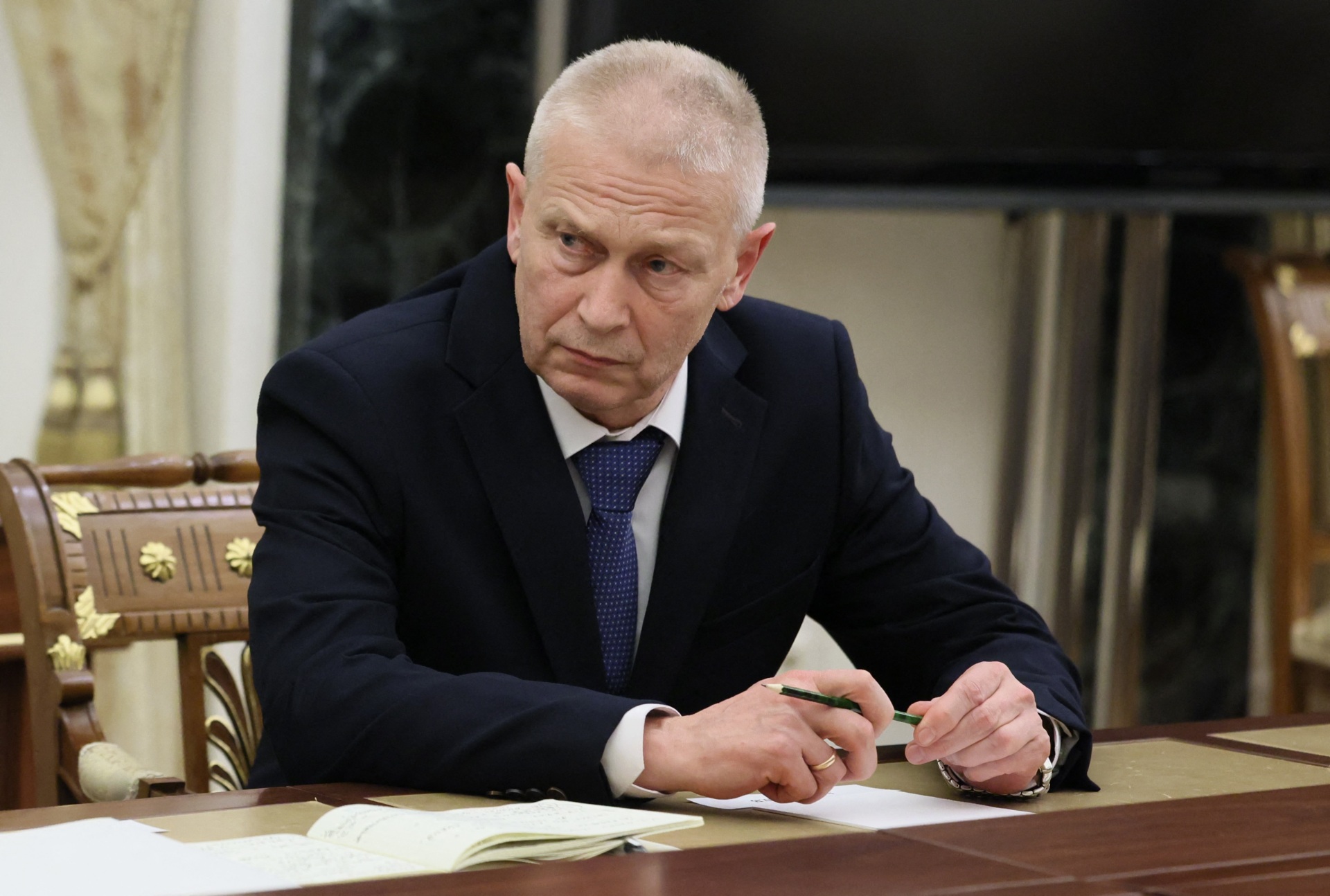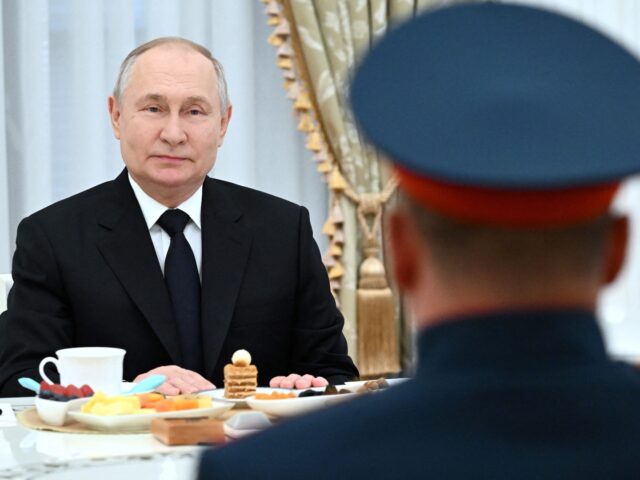(AP) — Russian President Vladimir Putin has ordered one of the top commanders of the Wagner military contractor to take charge of “volunteer units” fighting in Ukraine, signaling the Kremlin’s effort to keep using the mercenaries after the death of their chief, Yevgeny Prigozhin.
In remarks released Friday by the Kremlin, Putin told Andrei Troshev that his task is to “deal with forming volunteer units that could perform various combat tasks, primarily in the zone of the special military operation” – a term Moscow uses for its war in Ukraine.
Wagner fighters have had no significant battlefield role since the mercenary company captured the eastern Ukrainian city of Bakhmut in the war’s longest and bloodiest battle and then withdrew to march toward Moscow in a brief insurrection.
After the aborted mutiny in late June, speculation has been rife about the future of the mercenary group that provided one of the most capable elements of Russian forces fighting in Ukraine. Many observers expected it to be folded into the Defense Ministry, and Putin’s comments appeared to confirm that process was underway.

This pool photograph distributed by Russian agency Sputnik shows chairman of the League for Protecting Interests of Veterans of Local Wars and Military Conflicts, Andrei Troshev meeting Russia’s President (not pictured) at the Kremlin in Moscow on September 28, 2023. (Photo by Mikhail METZEL / POOL / AFP)
Since Prigozhin’s death, Wagner troops in neighboring Belarus, where they had moved following their mutiny, have reportedly been packing up and dismantling their camps.
Troshev is a retired military officer who played a leading role in Wagner since its creation in 2014 and faced European Union sanctions over his role in Syria as the group’s executive director.
Deputy Defense Minister Yunus-Bek Yevkurov was present late Thursday at Putin’s meeting with Troshev, a sign that Wagner mercenaries will likely serve under the Defense Ministry´s command. Speaking in a conference call with reporters Friday, Kremlin spokesman Dmitry Peskov confirmed that Troshev now works for the Defense Ministry and referred questions about Wagner’s possible return to Ukraine to the military.
The meeting appeared to reflect the Kremlin’s plan to redeploy some Wagner mercenaries to the front line in Ukraine following their brief mutiny and the suspicious deaths of Prigozhin and the group’s senior leadership in an Aug. 23 plane crash. The private army that once numbered tens of thousands of troops is a precious asset the Kremlin wants to exploit.
The June 23-24 rebellion aimed to oust the Russian Defense Ministry’s leadership that Prigozhin blamed for mishandling the war in Ukraine and trying to place Wagner under its control. His mercenaries took over Russia´s southern military headquarters in Rostov-on-Don and then rolled toward Moscow before abruptly turning back.
Putin denounced them as “traitors,” but the Kremlin quickly negotiated a deal ending the uprising in exchange for amnesty from prosecution. The mercenaries were offered a choice to retire from the service, move to Belarus or sign new contracts with the Defense Ministry.
Putin said in July that five days after the mutiny he had a meeting with 35 Wagner commanders, including Prigozhin, and suggested they keep serving under Troshev, who goes by the call sign “Gray Hair,” but Prigozhin refused the offer.
Wagner mercenaries have played a key role in Moscow’s war in Ukraine, spearheading the capture of Bakhmut in May after months of fierce fighting. Kyiv’s troops are now seeking to reclaim it as part of their summer counteroffensive that has slowly recaptured some land but now faces the prospect of wet and cold weather that could further delay progress.
Ukrainian military spokesperson Illia Yevlash said that only an estimated 500 out of several thousand mercenaries who had moved to Belarus remained there. He told Ukrainian media that some Wagner mercenaries had redeployed to the front line in eastern Ukraine, where they joined the Russian military.
The U.K. Defense Ministry said Friday in its intelligence briefing that Wagner veterans reportedly were concentrated around Bakhmut, where the British said their experience would be in demand because they are familiar with the front line and Ukrainian tactics after fighting there last winter.
Belarusian Hajun, an activist group monitoring Russian troops in Belarus, said Friday that Wagner mercenaries continued to dismantle their field camp there and only about 100 of some 300 tents remained.

COMMENTS
Please let us know if you're having issues with commenting.